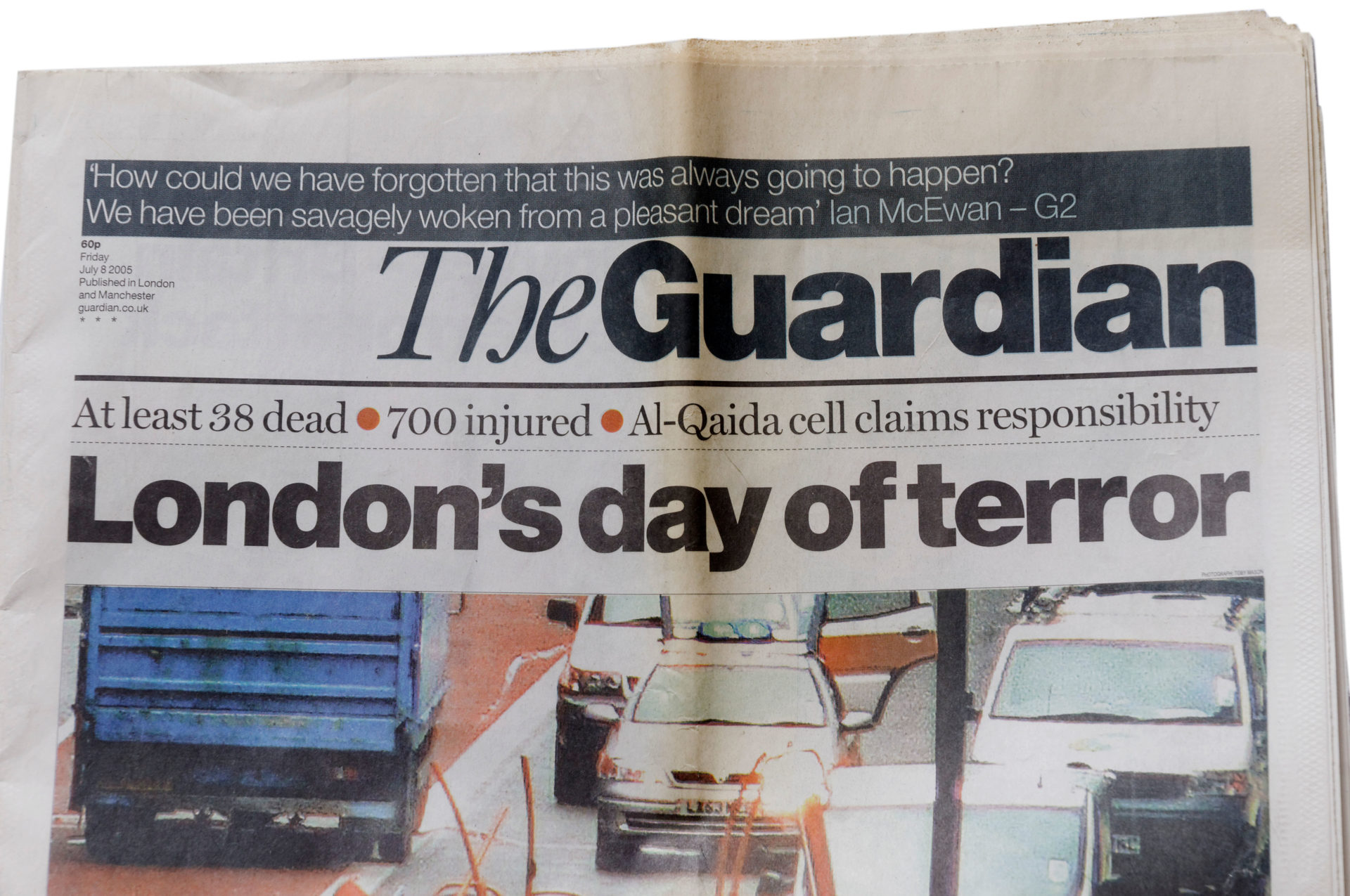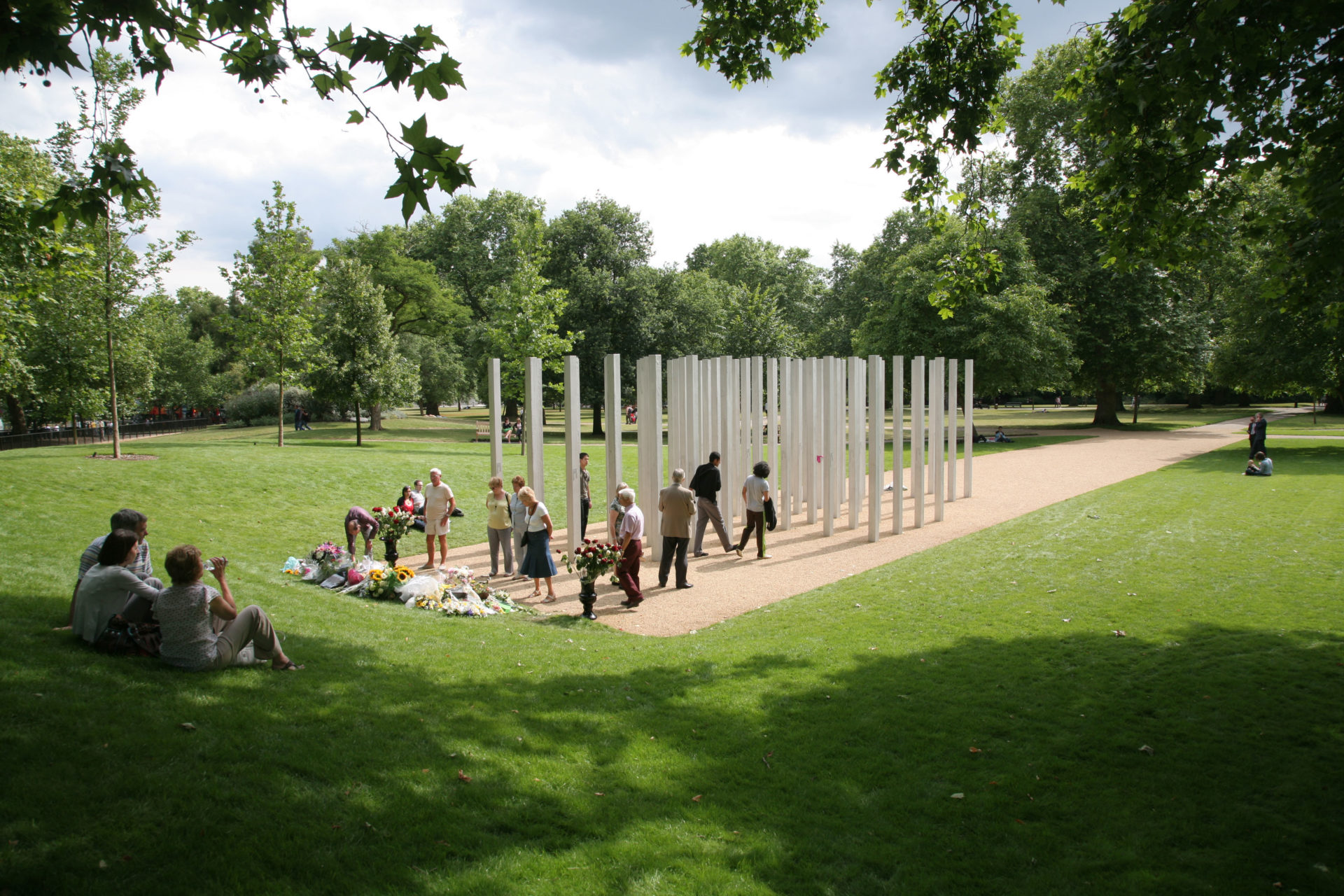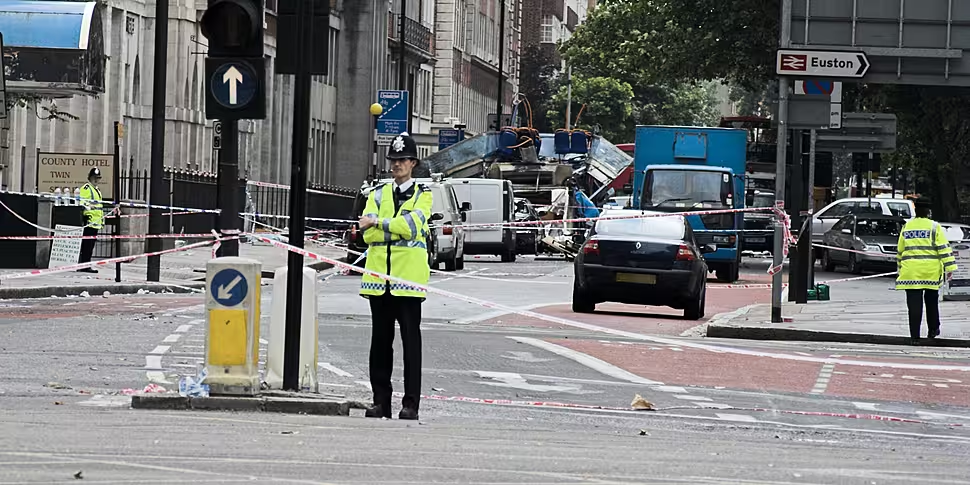An attack similar to the 7/7 bombings of London ‘can never be ruled out’, a security expert has warned.
On July 7th, 20 years ago, four suicide bombs exploded in the British capital, killing 52 and wounding hundreds more.
It was the deadliest terrorist attack on British soil and the first suicide attack in the nation’s history.
The attack led to radical changes in British counter-terrorism policing and a new multiagency programme, Prevent, was set up, designed to stop British people from being drawn into terrorism.
Despite noble intentions, it soon became highly controversial in many communities.
“The idea of Prevent was focused upon early intervention with potentially vulnerable or at risk individuals who might be on the path to getting radicalised,” UCL Professor Paul Gill explained to Newstalk Daily.
“There was a lot of backlash within Muslim communities on the Prevent programme, feeling that they were being sort of set up as a suspect community.
“That it was disproportionately being deployed within Muslim communities and that led to a lot of pushback and suspicion of British counterterrorism, which took a long period of time to sort of roll back from.
“Those early days of Prevent can still have a big impact today on certain Muslim communities.”
 The frontpage of The Guardian on July 8th. Picture by: Alamy.com.
The frontpage of The Guardian on July 8th. Picture by: Alamy.com.Professor Gill continued that British authorities soon realised that 9/11 and 7/7 had “lit a bit of kindling in the extreme right-wing”.
It meant they had to broaden their focus yet again.
“So, 7/7 was devastating," he said.
"But its impact has also led to a range of other large scale policy priorities that were driven by second order effects of 7/7."
Aftermath of 7/7
Since 7/7, terrorist attacks have continued across the world.
In November 2015, an attack by Islamic State in Paris left 130 people dead.
While four years later in New Zealand, a man murdered 51 people in an attack on two mosques.
Professor Gill said there is “certainly the intention for attacks like this to happen again”.
“We saw the failed attempt two weeks later, which could have been equally as devastating but they weren’t as proficient bombmakers,” he said.
“We saw a really similar plot occur within a decade - which was going to be targeting multiple areas around Birmingham. The would be perpetrators travelled to Pakistan to learn bomb making.
“On the 10th anniversary, there was a plot to do an attack either on the London underground station or at a large scale shopping centre.
“We’ve obviously had the devastation of the attacks in 2017 - one of which was a large scale suicide bombing in Manchester arena.
“Since those days, I think we’re in the high 40s for the number of plots that have been disrupted in the UK by people that had similar intentions.
“Some of those did involve bombing ideas; the British Library, Houses of Parliament - those kinds of places. So, there’s definitely the intention there.”
 A memorial to the victims of the London terrorist attack on 7th July 2005. Picture by: Alamy.com.
A memorial to the victims of the London terrorist attack on 7th July 2005. Picture by: Alamy.com.The British Government currently has five terrorism threat levels, which are ranked from ‘low’ to ‘critical’.
Currently, the threat level is considered to be ‘substantial’, which means they believe an attack is ‘likely’.
Despite this, Professor Gill said British counterterrorism is “much more attuned to the current threat” than it was 20 years ago.
“[They have] the appropriate resourcing, know what the soft and hard indicators look like and [have] learned a lot of the lessons from potential missed opportunities in 2005,” he explained.
“So, you can never rule these things out but I think the likelihood of it, I think it’s a lot more of a hostile work environment for would-be perpetrators today than what it was 20 years ago.”
Main image: A policeman close to the scene of the one bombings. Picture by: Alamy.com.









